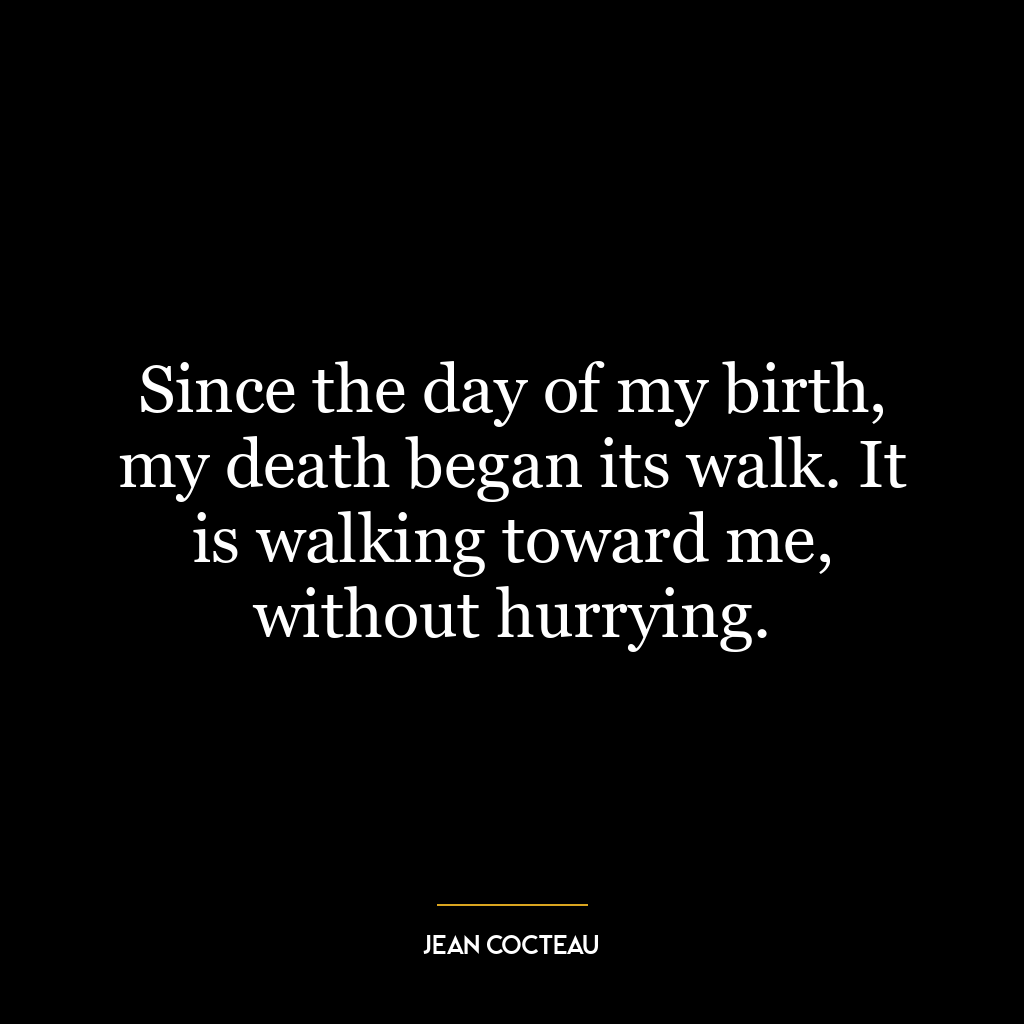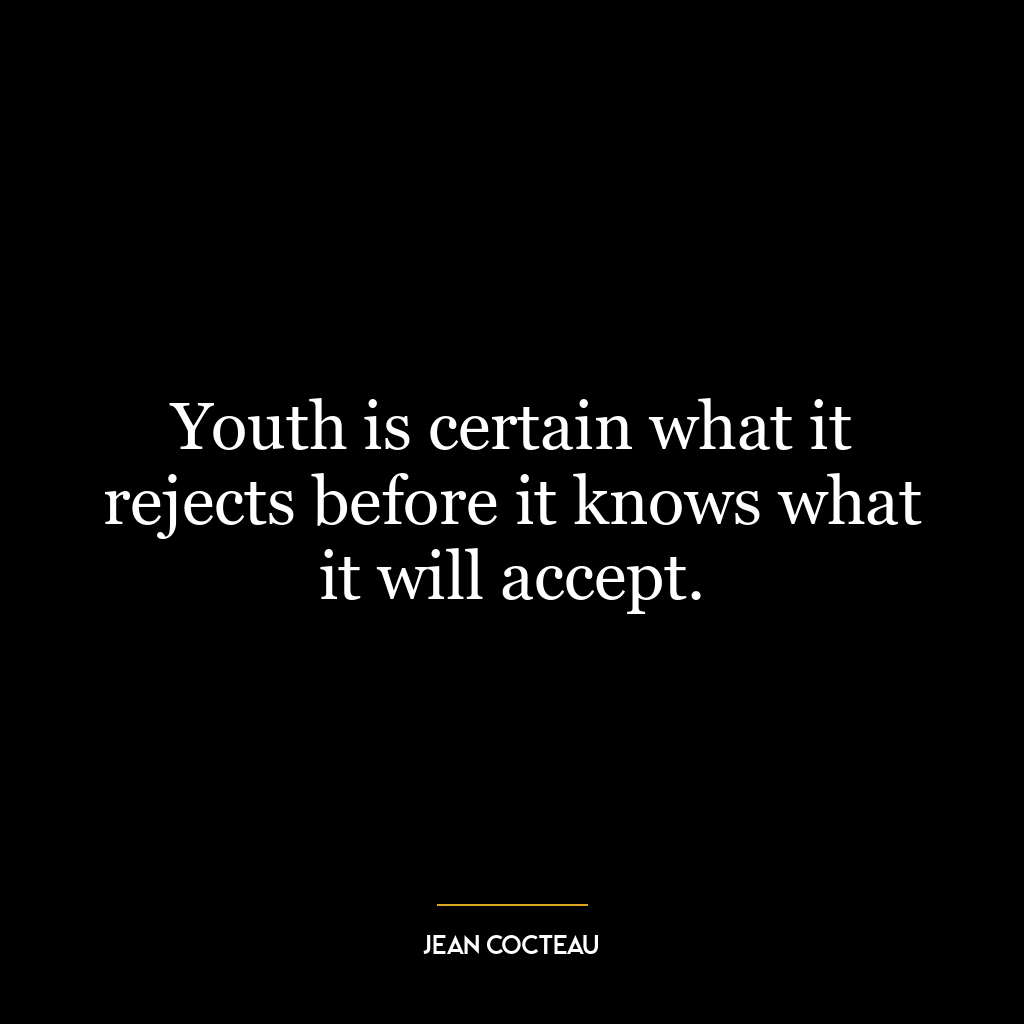They will never accept grace till they tremble before a just and holy law.
This quote speaks to the idea that before one can truly appreciate and accept grace, they must first understand and feel the weight of justice and morality. The ‘just and holy law’ mentioned refers to a set of moral or ethical standards that are considered right and fair. In essence, it’s only when we face the consequences of our actions against these standards that we can truly value grace, which is unmerited mercy or forgiveness.
The term ‘tremble’ implies a deep fear or respect for these laws. This could be interpreted as an acknowledgment of our own failings or shortcomings in relation to these laws, which can be a humbling experience. It’s this humility that opens us up to accepting grace – because we realize we need it.
Applying this concept in today’s world could mean acknowledging societal rules and norms as necessary for order and fairness. For instance, understanding why laws exist against theft or violence helps us appreciate living in a just society where such actions are punished.
In terms of personal development, one might apply this idea by recognizing their own flaws or mistakes (the trembling before law) as part of their growth journey. By doing so, they may become more open to receiving help from others (grace), realizing they cannot always achieve everything on their own.
For example, someone struggling with addiction might first need to confront the harsh reality of their problem – acknowledging its destructive effects on themselves and others around them – before they can fully embrace recovery assistance offered by others.
this quote suggests that understanding justice is key towards appreciating mercy; acknowledging our flaws helps us value help from others more deeply – both principles applicable in societal contexts as well as personal growth journeys.








